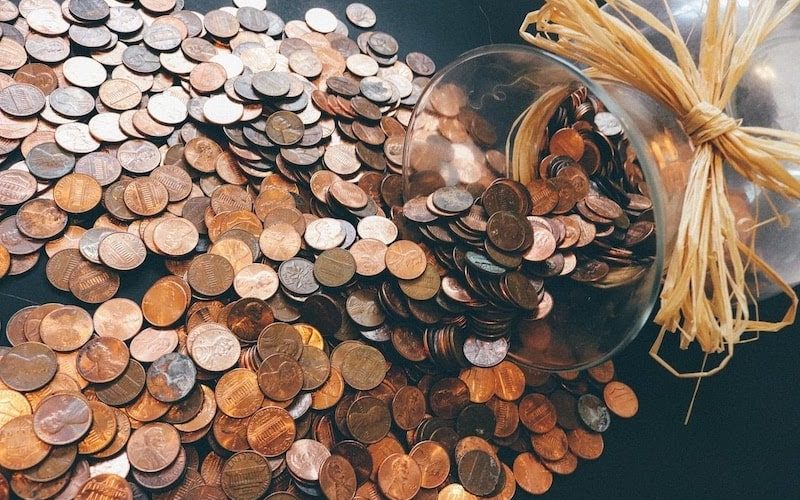Written by: Derek Goodman of Inbizability
Many people want to start planning for their financial future, but don’t feel like investing in stocks, bonds, mutual funds, or real estate is the right move for them at this time. Maybe money is tight, or maybe there’s another good reason. Of course, it’s recommended that you begin to invest as soon as you possibly can to take advantage of the principle of compounding gains, but for some people it simply isn’t the right time.
Despite this, you can still kickstart a solid financial life plan with some simple moves that will set you up for success when the time to seriously consider investments comes. Here are a few tips:
Set a budget
For beginning life planners, the first thing to learn is how to properly budget. Even if your take-home income is meager and you don’t feel like you need to budget (you just make enough to pay your bills and everything else is discretionary), it’s important to learn the basics of budgeting so you can know how to manage your money when you have more of it.
For many people, a simple 50/20/30 plan is a good place to start. With this method, you want 50% of your take-home income to go toward your necessary expenses. This includes bills, rent, student loans, credit card payments, and food. We’re talking about the things you just HAVE to spend money on every month. Next, that 20% should go to savings. The earlier you start building up a solid savings balance, the faster you’ll get to a safe place where you have enough to handle any of life’s emergencies that come your way. This leaves that final 30% for discretionary spending.
Get a grip on your debt
As a young person, it’s possible that you could have already racked up a significant amount of debt. More likely than not, you are in some sort of student loan debt and you might have a substantial amount of credit card debt as well. It’s important to begin to pare down your debt so that you can begin to use that money to invest in the future. Pay off your credit card debt first, as the interest rates on this kind of debt are usually the most unforgiving.
Getting a grip on your debt also means not digging yourself deeper into debt. Try to avoid taking new loans. Developing the aforementioned emergency fund is a good way to prevent the need to take out loans when life throws you a curveball.
“Having regular inflow in your account will bring along so many loan offers from banks and when you are not sure about your goals and requirements, you will surely get tempted to go overboard and take loans for many not required things. Till the time you don’t get confidence in managing your finances you should not indulge into any kind of loan…be it for a bigger car or apartment,” says Certified Financial Planner Manikaran Singal.
Learn how to be frugal and save where you can
“The ability to kick into ‘super-saver mode’ for a stint is vital when unexpected expenses come up or income suddenly drops. This could involve skipping taxis and taking public transportation, bringing PB&J sandwiches to work, stretching hair care products, switching to basic cable and “go phones,” getting a roommate, ride-sharing, going to free concerts, and skipping restaurants to have friends over instead (with a dish in hand)—whatever it takes to make ends meet,” Nancy L. Anderson writes for Forbes.
Just because you have enough money for stuff doesn’t mean you should use that money on said stuff. If you track your expenses (highly recommended), you’ll see that a dollar here and a dollar there really adds up in the end.
Photo Credit: Pixabay.com


